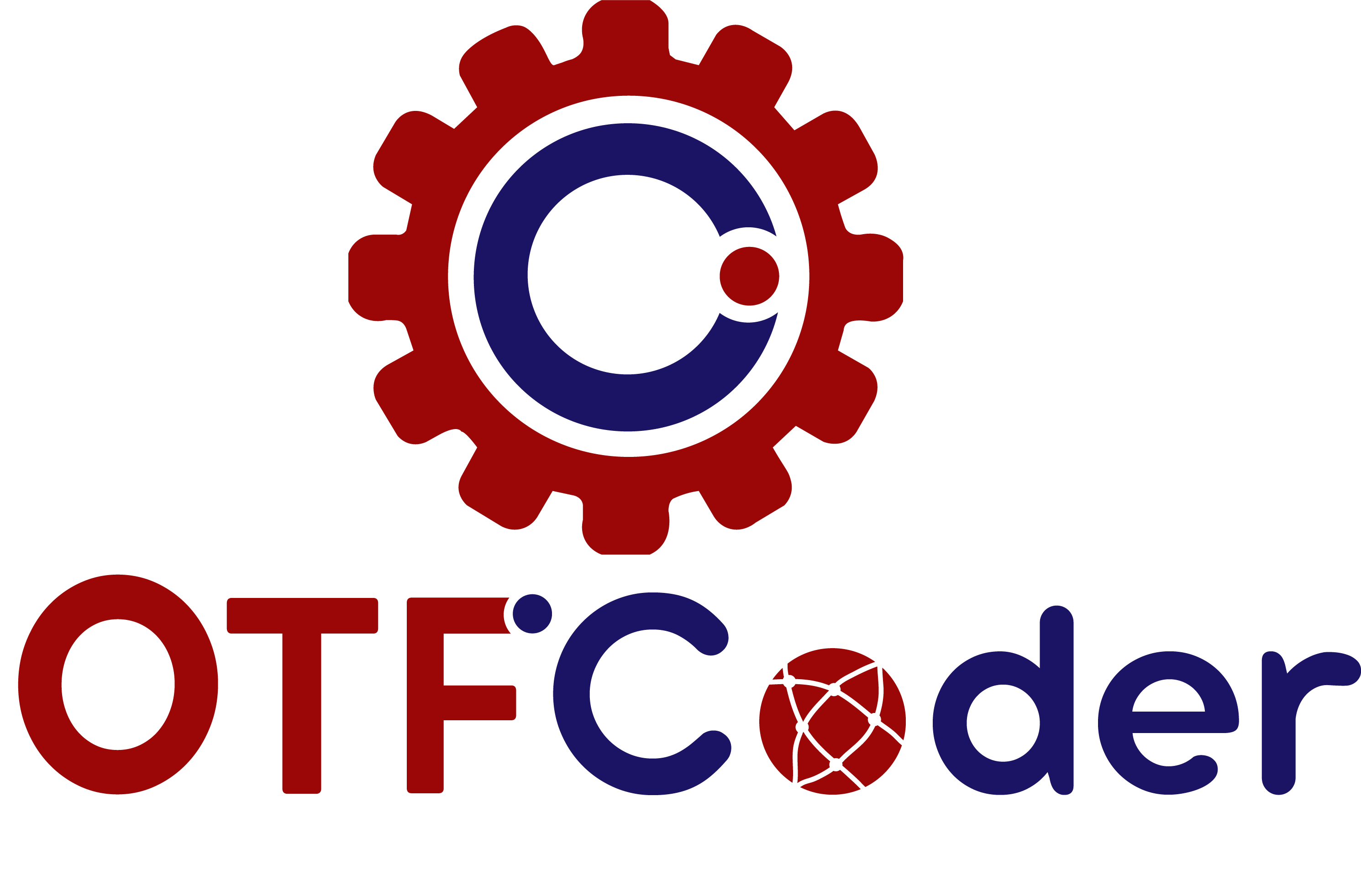
As we enter 2024, the landscape of software development and web development continues to evolve rapidly. For developers, choosing the right set of tools is critical to enhancing productivity, ensuring code quality, and managing projects effectively. In this blog, we will explore some of the best software development tools you should consider incorporating into your workflow in 2024.
1. Visual Studio Code
Visual Studio Code (VS Code) is an open-source, lightweight code editor developed by Microsoft. It’s favored for its rich set of features, including debugging, syntax highlighting, version control integration, and an extensive library of extensions. Whether you’re working on web development or backend software development, VS Code supports multiple programming languages like JavaScript, Python, PHP, and more. Its key features include Built-in Git commands for easy version control, extensions for languages, themes, and tools, and integrated terminal for quick access to the command line. With its versatility and constant updates, VS Code is ideal for developers who need a flexible yet powerful environment.
2. GIT
GIT is a decentralized version control system that facilitates tracking modifications in source code throughout the software development process. It allows multiple developers to collaborate on a project by working on different branches and merging their code without overwriting each other’s work. Its key features include version tracking with detailed commit history, branching and merging for easy collaboration, and supporting both local and remote repositories. GIT is essential for managing codebases, especially for large-scale projects involving multiple contributors. Its robust branching system makes collaboration seamless.
3. Jenkins
Jenkins is an open-source automation server that helps automate parts of software development related to building, testing, and deploying code. It supports continuous integration (CI) and continuous delivery (CD), ensuring that code changes are automatically built and tested before being deployed. Its key features include integration with various version control systems like Git and GitHub, customizable plugins to extend functionality, automating repetitive tasks such as testing, building, and deployment. Jenkins is a must-have tool for developing teams, as it streamlines the CI/CD process, reducing manual intervention and ensuring faster, more reliable deployments.
4. Jira
Jira, developed by Atlassian, is a popular project management tool used widely in software development for tracking bugs, managing tasks, and organizing project workflows. It offers extensive customization options and is compatible with multiple Agile methodologies. Its key features include a comprehensive dashboard for tracking tasks, bugs, and issues, integration with other tools like GitHub, Jenkins, and Slack, and supporting Agile project management with sprint planning and backlog management. Jira is essential for teams looking to manage their development workflows effectively and track project progress in a transparent, organized manner.
5. Docker
Docker is a platform that enables developers to build, package, and run applications within isolated containers. It enables developers to package applications and their dependencies into standardized units, ensuring that the software works uniformly across different environments. Its key features include consistency between development, testing, and production environments, lightweight and faster than traditional virtual machines, and facilitates microservices architecture and scalability. Docker streamlines the process of transferring software across different environments and ensures consistent deployments.
6. GitHub
GitHub is an online platform designed to host and manage Git repositories. It provides developers with the ability to store, share, and collaborate on code projects, facilitating team-based development and version control. It also provides additional features like issue tracking, project management, and collaborative pull requests, making it a comprehensive platform for managing software development projects. Its key features include Git-based version control for tracking code changes, pull request system for reviewing and merging code, integration with CI/CD tools like Jenkins and Docker. GitHub has become a go-to platform for open-source development, offering a seamless collaboration environment with built-in code review and project management features.
7. SonarQube
SonarQube is an open-source platform used for continuous inspection of code quality. It performs static code analysis to detect bugs, code smells, and security vulnerabilities, providing developers with insights into how to improve their codebase. Its key features include supporting a wide range of programming languages, generating detailed code quality reports, and integrating with CI/CD pipelines to ensure code quality throughout the development lifecycle. SonarQube is essential for ensuring high code quality, which is crucial for maintaining software that is efficient, secure, and scalable.
8. Slack
Slack is a communication tool widely used in software development teams for real-time messaging, file sharing, and collaboration. It integrates with other tools like GitHub, Jira, and Jenkins, making it a hub for team communication and project updates. Its key features include organizing conversations around specific projects or topics, integrating with third-party tools to receive notifications and updates, supporting file sharing, video calls, and screen sharing. Slack centralizes communication, reducing the need for lengthy email threads and keeping all project-related discussions in one place.
9. Kubernetes
Kubernetes is a free and open-source system designed to streamline the automation of deploying, scaling, and managing containerized applications. It’s widely used in cloud-native applications to manage Docker containers in a distributed environment. Its key features include automated load balancing and scaling of applications, self-healing capabilities for handling application failures, and supporting microservices architecture with efficient resource utilization. Kubernetes provides the infrastructure needed for automation, scalability, and efficient resource management.
10. Postman
Postman is a collaboration platform for API development. It allows developers to design, test, and document APIs, making it easier to ensure the APIs are functioning correctly before they are integrated into a project. Its key features include API request building and testing, environment management for testing APIs in different conditions, automated testing and monitoring of APIs. Postman simplifies API development and testing, ensuring that APIs work as intended across different environments before they are deployed.
Conclusion
In 2024, developers have access to a wide array of powerful tools that can streamline the web development and software development processes. From coding and version control with Visual Studio Code and Git to project management with Jira and automated testing with Jenkins, these tools play a crucial role in delivering high-quality software efficiently. By incorporating tools like Docker, Kubernetes, and SonarQube into your development stack, you ensure that your code is scalable, maintainable, and secure. Finally, communication tools like Slack and API testing platforms like Postman keep the entire process running smoothly.

